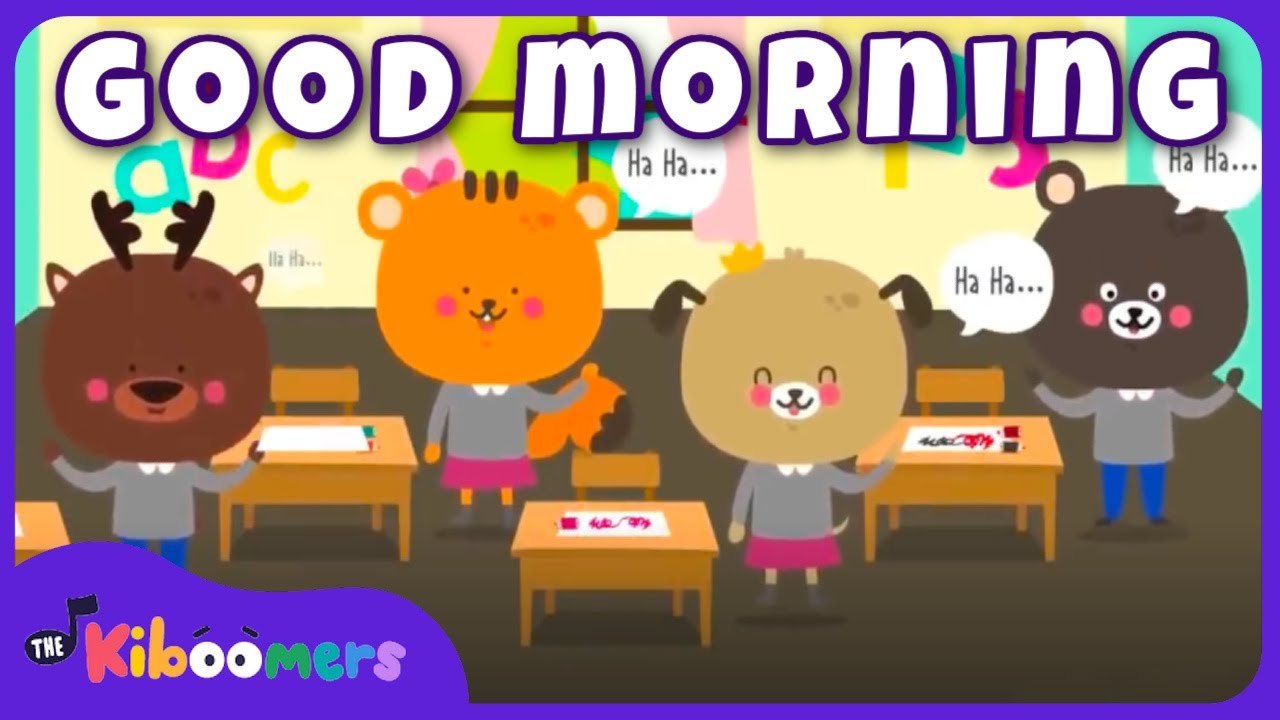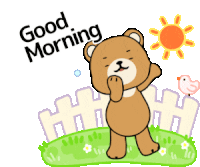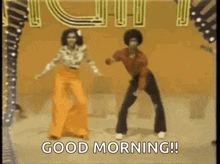where did the term Good Morning come from

The Origin of the Term “Good Morning”
When we wake up each day, one of the first things we often hear is the cheerful greeting, “Good Morning!” But have you ever wondered where this friendly expression originated? In this blog post, we will explore the history and evolution of the term “Good Morning” and its significance in modern society.
The Historical Roots
The phrase “Good Morning” can be traced back to the Middle English period, around the 14th century. During this time, the English language was undergoing significant changes, influenced by Norman French and Latin. The word “good” has Old English roots, derived from “gōd,” meaning virtuous or satisfactory, while “morning” comes from the Old English “morgen,” which simply refers to the time from dawn until noon.
The combination of these two words as a greeting likely emerged as a way to wish someone well at the start of their day. It reflects a sentiment of positivity and goodwill, encouraging others to have a productive and happy day ahead.
Cultural Significance
In many cultures, the morning is seen as a time of renewal and fresh beginnings. Greeting someone with “Good Morning” serves not only as a polite acknowledgment but also as a way to foster connections and express kindness. This greeting can set the tone for the day, creating a positive atmosphere in both personal and professional interactions.
Variations Around the World
While “Good Morning” is widely recognized in English-speaking countries, various languages have their own equivalents. For example:
- In Spanish, “Buenos Días” is commonly used.
- In French, “Bonjour” is the standard morning greeting.
- In German, “Guten Morgen” serves the same purpose.
These variations highlight the universal desire to spread positivity and goodwill at the start of each day, regardless of language or culture.
The Role of “Good Morning” in Modern Communication
With the rise of digital communication, the phrase “Good Morning” has found new life in social media, text messages, and emails. It is often used to initiate conversations and share cheerful messages with friends, family, and colleagues. Websites like GoodMorningWishes.net have capitalized on this trend, offering a plethora of morning greetings and wishes to inspire and uplift readers.
In a world where stress and challenges abound, taking a moment to wish someone a “Good Morning” can make a significant difference. It encourages mindfulness and positivity, reminding us to appreciate the little things in life.
Conclusion
The term “Good Morning” has a rich history rooted in goodwill and positivity. From its origins in Middle English to its modern-day usage across the globe, this simple greeting continues to play a vital role in our daily interactions. So, the next time you hear or say “Good Morning,” remember the warmth and kindness that this phrase embodies.
For more uplifting greetings and wishes, visit GoodMorningWishes.net. Start your day with positivity and share the love with those around you!














